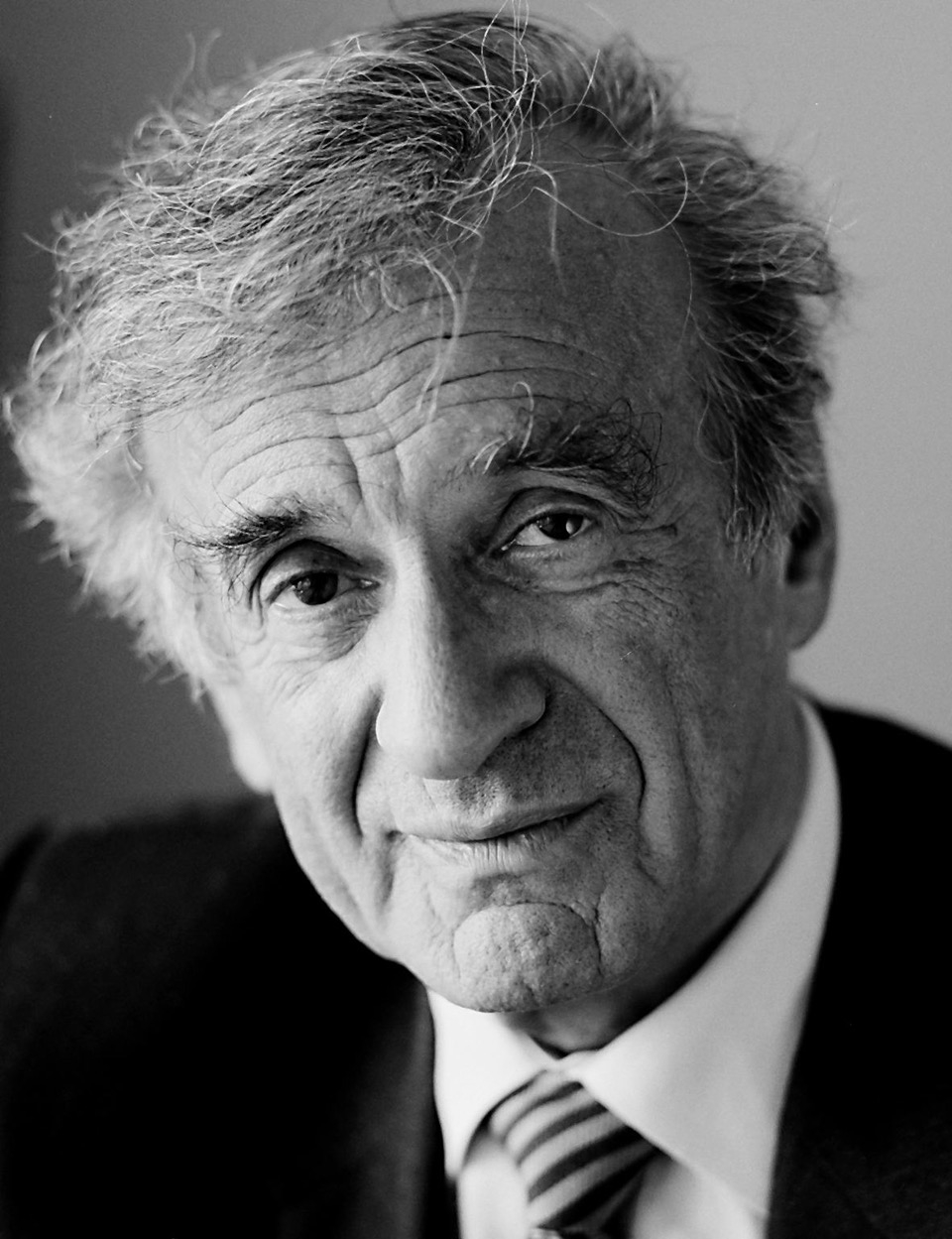
Director Oren Rudavsky has done a masterful job in his new documentary Soul On Fire, which played the 2025 New York Jewish Film Festival in capturing the inner and outer man that was the great Elie Wiesel (1928-2016). The Romanian-American writer, Nobel Prize laureate, and political activist became the living embodiment worldwide of the compassionate Jewish conscience and consciousness—bearing witness in his many books and personal appearances to the heinous atrocities perpetrated on the Jewish people during the Holocaust.
This new documentary, which is due to be shown as part of PBS's American Masters series, delves deeply into Wiesel's psyche in many interviews and clips of him speaking, as well as filmed conversations with family, friends, and learned commentators on the Holocaust, and strikingly evocative animated footage of the young Wiesel's childhood and student days in a little town in Romania and ultimate removal at the tender age of 16 into the inferno of Auschwitz.
What is fascinating to learn here is that Elie Wiesel, besides being a forceful voice on behalf of Jewish suffering during the Second World War, was also a strong advocate for Human Rights across the board. He stood up repeatedly for victims everywhere, including persecuted Russian and Ethiopian Jews, South Africans under the yoke of apartheid, Muslims in Bosnia under siege, the slaughter of Sudanese, Rwandan, and Armenian people, the victimization of the Kurds, the incredible tragedy of Argentina's "Disappeared," the suffering of the Nicaraguan Miskito people, and on and on. He acknowledged Palestinian suffering in his Nobel Prize acceptance speech and repeatedly tried to foster an open dialogue between Israeli and Palestinian leadership.
When I was a boy, I read Elie Wisel's searing autobiography Night, a first-hand account of the shocking and brutal acts he had witnessed in the hellscape of Auschwitz before being transferred to Buchenwald, where the American army ultimately liberated him—and for years I've been haunted by his eloquent evocation of these vivid and haunting experiences. I recommend this book as a standard text to be taught in schools across the USA, where a shocking number of young people either have never heard of the Holocaust or are actively denying its existence.
Soul On Fire is an important and timely documentary that takes a measured and methodical look into the making of Elie Wiesel. It concentrates on the historical forces that shaped him into the single most eloquent spokesman for Jewish people and victims of oppression everywhere.
He doesn't come off in the film as a cardboard saint but rather as a very human and extremely personable man in full, who heard the call and stood up to be counted.
